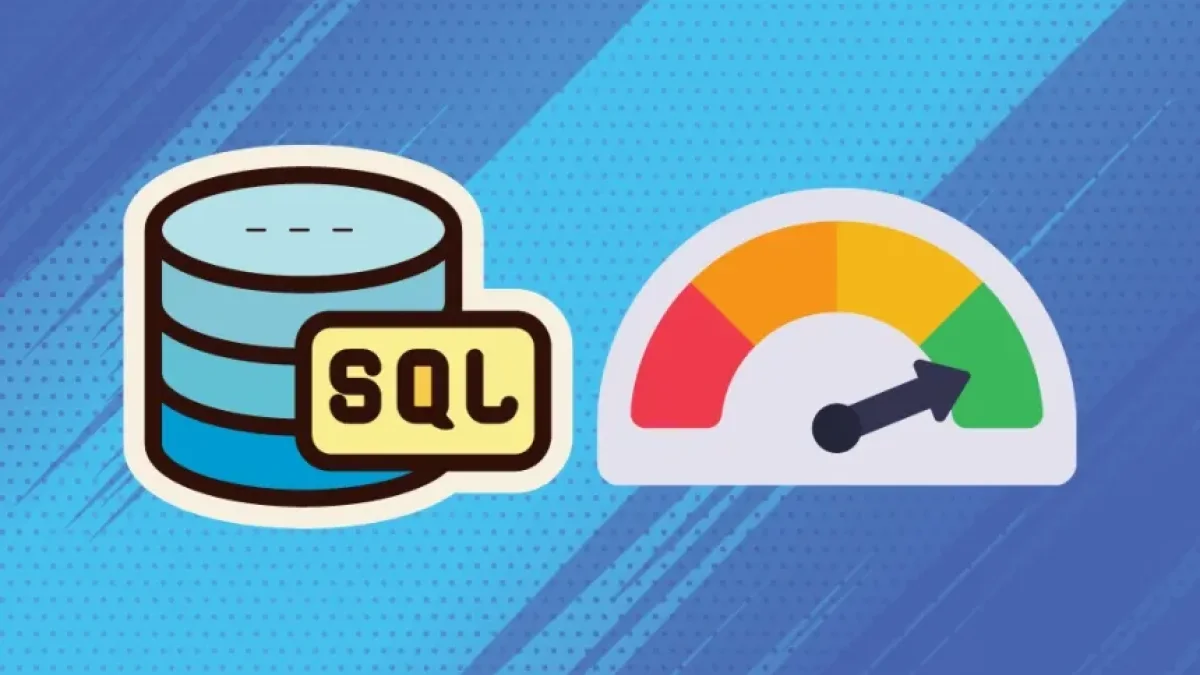How to Improve the Performance of Your SQL Queries in Large Applications


When it comes to large applications, the performance of SQL queries can be a critical factor for the success of a system. In this article, we will explore various strategies and techniques to optimize your SQL queries, reduce response time, and enhance user experience.
Importance of Good SQL Performance
Optimal performance in SQL queries not only improves application efficiency but also impacts user satisfaction and operational costs. Users expect applications to respond quickly, and slow queries can lead to significant frustration.
Strategies for Optimizing SQL Queries
Here are some strategies and best practices for optimizing SQL queries in large applications.
1. Proper Indexing
What are indexes?
Read also
Indexes are structures that enhance the speed of operations on a table. Just like an index in a book, indexes in databases allow for quicker access to data.
Best Practices for Indexing
- Differentiate between unique and non-unique indexes: Use unique indexes where possible, as they are more efficient.
- Avoid redundant indexes: Do not create indexes on columns that are already indexed.
- Consider the type of queries: Analyze the most common queries and create indexes that align with them.
2. Query Optimization
Query Analysis
Read also
Utilize query analysis tools, such as EXPLAIN in MySQL or PostgreSQL, to review how your queries are executed. This will help you identify bottlenecks and areas for improvement.
Rewrite Complex Queries
Sometimes, changing the way a query is written can improve its performance. Here are some suggestions:
- *Avoid using `SELECT `:** Specify only the necessary columns.
- Use JOIN efficiently: Ensure that the columns in the JOIN conditions are indexed.
3. Use of Caching Techniques
Implementing Cache
Caching can be a powerful tool for improving performance. Storing the results of frequent queries can reduce response time.
Types of Cache
- Result Cache: Stores the results of specific queries.
- Object Cache: Stores instances of objects that are expensive to create or retrieve.
4. Normalization and Denormalization
What is normalization?
Normalization is the process of structuring a database to reduce data redundancy. However, in certain applications, it may be beneficial to denormalize for performance improvement.
When to Denormalize
If certain queries require joining multiple tables and are slow, consider denormalizing those tables to speed up queries, although this may increase the database size.
5. Manage Workload
Load Balancing
Use load balancing techniques to distribute traffic across multiple database servers. This will help avoid bottlenecks and improve overall performance.
Query Monitoring
Maintain continuous monitoring of query performance to identify load patterns and optimize accordingly.
Tools to Improve SQL Performance
There are various tools that can assist in optimizing the performance of your SQL queries. Some of the most prominent include:
1. SQL Profilers
Tools like SQL Profiler allow you to capture and analyze query performance, helping to identify problems and areas for improvement.
2. Optimization Tools
- Execution Analysis: Tools that provide real-time analysis of queries to help you optimize them.
- Database Administrators: Software that allows you to manage, back up, and improve database performance.
3. Caching Solutions
Tools like Redis or Memcached are ideal for implementing high-speed caches and reducing the load on databases.
Conclusion
Improving the performance of your SQL queries in large applications is an ongoing process that requires analysis, testing, and adjustment. By implementing the strategies and techniques mentioned above, you can optimize your queries and provide a better experience for your users. The key lies in constant monitoring and being willing to adapt your strategies to the changing needs of your applications.
Additional Resources
By applying these tips and tools, you will be on your way to making your SQL queries a model of efficiency and performance. Start today!



















